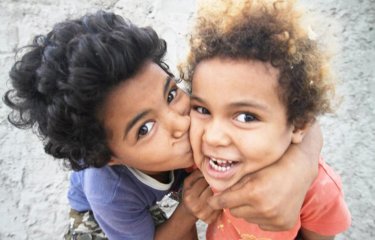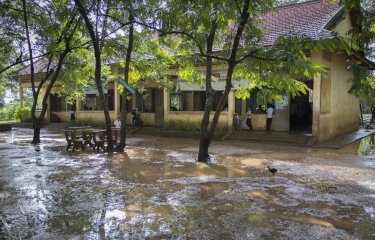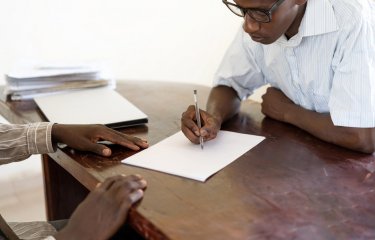To avoid severe disseminated viral infections in children: the Hand-Foot-And-Mouth Disease case
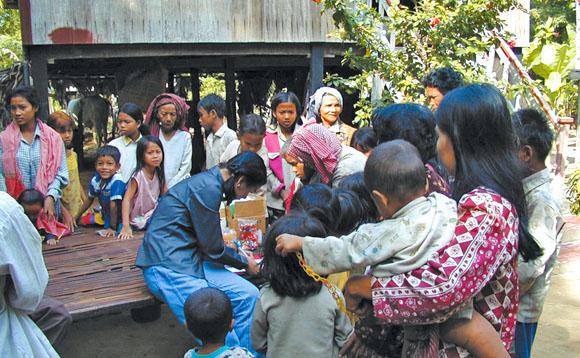
The infection called "hand-foot-mouth" (HFMD) is a viral disease that mainly affects children under 5 years. It is transmitted by direct contact between infected children and is characterized by fever, mouth sores and blisters on the hands, feet and buttocks. Severe forms of the disease characterized by severe complication due to the dissemination of the disease at neurological, cardiovascular or respiratory levels can cause the death of children. This severe form has been associated with infection by EV71 whose outbreak in Cambodia in 2012 killed 52 children in three months. In the first quarter 2015, the WHO has identified more than 150 000 cases including 14 deaths in China. Epidemics are concentrated in Asia in recent years.
To date, there is no specific treatment for this disease. In terms of prevention, a vaccine candidate showed a protective efficacy of 80% in a clinical trial, currently in Phase 3 trial conducted in China. However, this vaccine only protects against EV71 and its use raises many issues for which it is essential to provide scientific data: what immunization strategy must be adopted? Who should be vaccinated? At what age? Finally, there is to date no specific treatment for the hand-foot-mouth disease.
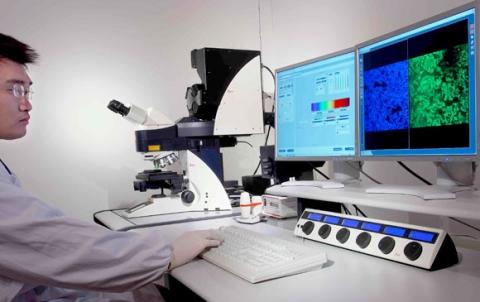
A ccomprehensive approach in the fight against the disease hand-foot-mouth
The project led in collaboration with Institut Pasteur du Cambodge and Ho Chi Minh City, aims to provide a set of epidemiologic data in the hope of defining strategies for prevention, diagnosis and treatment of severe forms of the disease hand-foot-mouth. The project will also study the socio-economic contribution of preventive and therapeutic interventions in the young child.
For this, the project will rely primarily on a large clinical study conducted on children 0-9 years which should enable a better understanding of:
- the dynamics of neutralizing antibodies against enteroviruses in children and the relationship between these antibodies and the susceptibility of children to infection;
- assess the incidence (number of new cases / year) and prevalence (% of population affected) of infection;
- to study the diversity of viruses responsible for disease foot-hand-mouth and their evolution.
A second study will analyze and compare the immune responses observed during more or less severe infections. It aims to define: :
- the different sorts of immune responses and their amplitude (biomarkers), associated to a severe form of the disease or complications;
- biomarkers associated with protection against disease;
- the level of cross-protection between different circulating EV71 isolates worldwide.
The results of these two studies will provide information that will enable investigators to build vaccine candidates and assess them alone or combined in pre-clinical studies. The teams will also test the efficacy and safety of two molecules (suramin and itraconazole) already used in other human diseases, to treat enteroviruses infections.
A final study will estimate the economic burden of the hand, foot and mouth disease and how this disease depending on its severity affects the quality of life of patients over time (measuring quality of life health-related). It will also study the socio-economic contribution of a vaccination program using the anti-EV71 vaccine already available and it will inform the health authorities on the economic soundness of the establishment a vaccination program using an already developed and tested vaccine.
The project will also allow the training of health workers in rural sites to improve the care of children with the disease and training in hospitals of health professionals on research on this disease.



